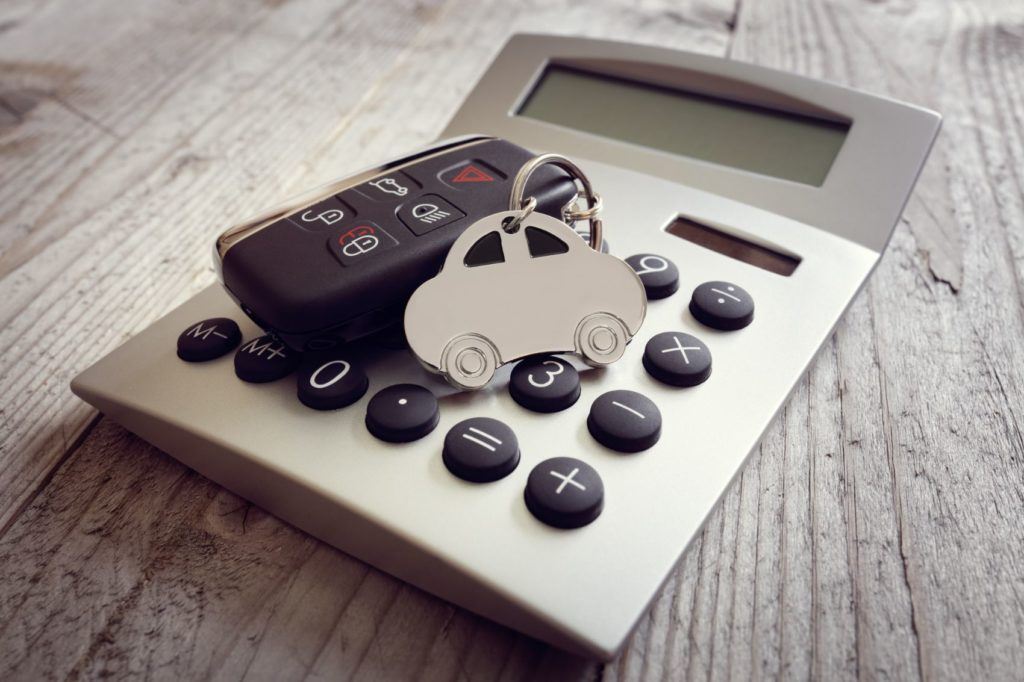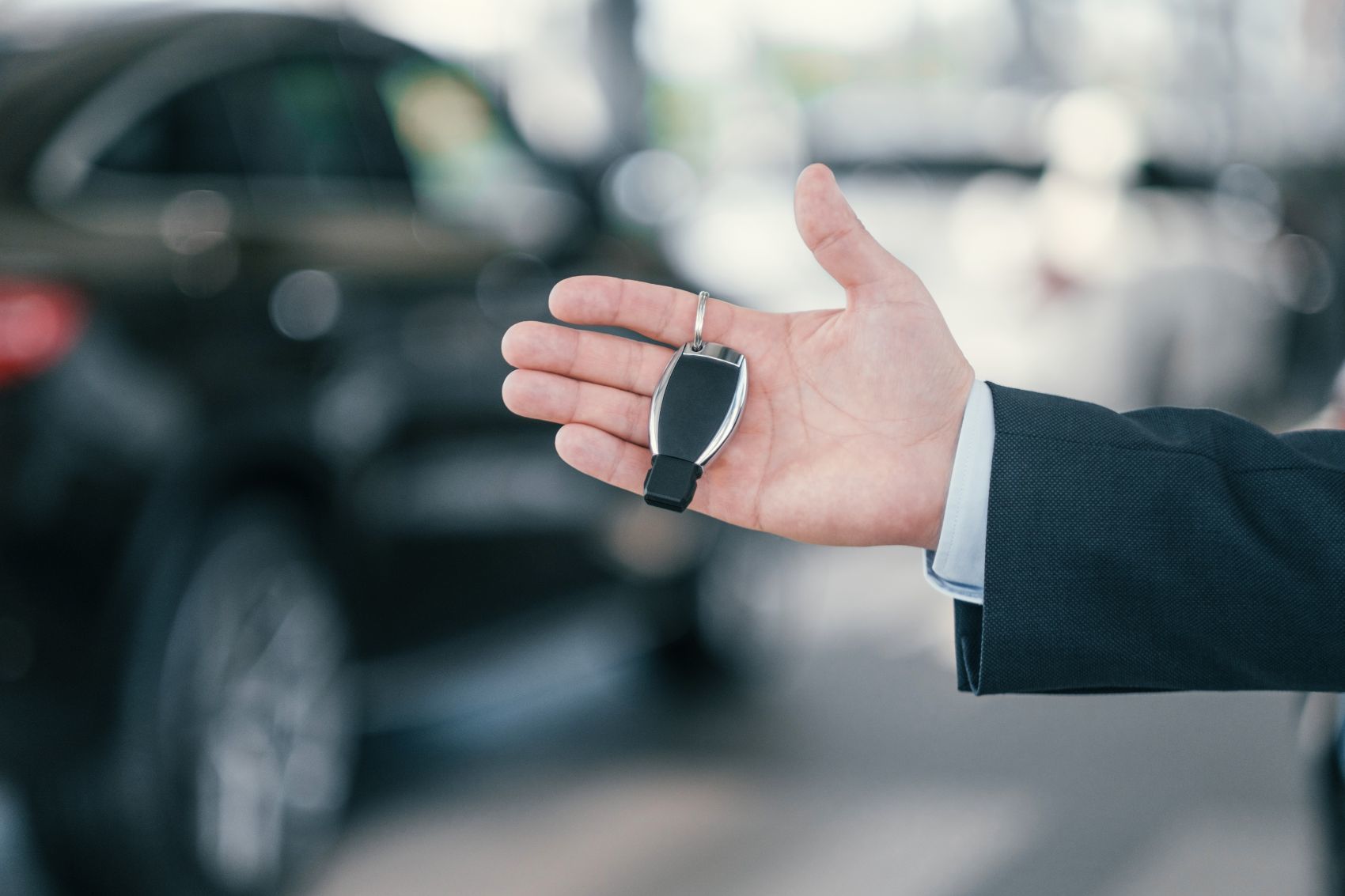If you were planning on getting a new car before the COVID-19 outbreak, you probably have several questions regarding whether or not you should go through with the purchase. In the news, you are likely to see or read about two trends right now: a decrease in vehicle price and an increase in flexibility with financing. “Buyers should have lower borrowing costs, and dealers may be more likely to offer better terms for consumers such as lower interest expenses,” said Phong Ly, CEO of iSeeCars.com.
Because there is so much uncertainty surrounding the long-term global impact of COVID-19, it’s difficult to project how the market will react in the coming weeks and months. Nearly 90 percent of automobile manufacturers saw a decline in Q1 sales over last year’s mark. As a result, manufacturers and dealers may be more likely to incentivize the car buying process, but should you jump?
What Type of Consumer Should be Shopping?
In the United States, over 36 million citizens have filed for unemployment since the start of the COVID-19 pandemic. And while many states are considering re-opening their economy, there isn’t enough consistent data to know how or when things will go back to normal.
Considering this uncertain time, only those who feel confident in their employment and finances long-term should pull the trigger on a vehicle purchase. If you feel any uncertainty at all, wait until the projections shift, the economy recovers, and social distancing guidelines are eased. With the circumstances surrounding the economy during COVID-19, don’t bite off more than you can chew and put yourself in a pickle.
“Right now, you might be able to get a tremendous deal on a new car, but that doesn’t necessarily mean you should buy one,” said Carl Anthony, Automoblog’s Managing Editor. “Now more than ever, we encourage consumers to consider every possible variable before signing the paperwork on a new car. Even with reduced MSRPs and better incentives, new cars are still a lengthy financial commitment.”
What if You Don’t Have a Choice?
Even with shelter-in-place orders, as many as 128 million Americans commute to work each day. If your vehicle always breaks down or is unreliable, then you might not have a choice. What if you are in an accident or have a collision with wildlife and your vehicle is totaled? This is another time when getting a new vehicle might be your only option.
So, if circumstances dictate, and your financials allow it, here are some tips to consider before buying a new car.

Should You Buy New or Used?
If you’re going to purchase, you must discern whether to buy new or used. Some of the perks of buying new are the security of a bumper-to-bumper factory warranty, which covers most major repairs for a designated period of time (usually three years or 36,000 miles). “A full factory warranty will have its benefits, especially if consumers are worried about high repair bills during the pandemic,” Anthony said. “However, that doesn’t automatically mean a new car is right for every shopper as used vehicles have benefits too.”
Certified pre-owned (CPO) cars come with some of the warranty protections of new purchases without as much financial exposure. According to a survey by Vroom, 17 percent of shoppers chose to buy used because it’s more affordable. Many CPO purchases, including one of my own, are of late models with low mileage and clean accident history sheets. They are typically well taken care of by their previous owners.
Conversely, it may seem like it’s hit or miss with older used vehicles, especially if you don’t know or have never worked with the selling dealer before. In these situations, it’s especially important to look the vehicle over thoroughly yourself, then have an independent mechanic inspect it.
“Although what counts as an essential business might vary by location, auto repair facilities are widely considered essential businesses right now,” Anthony said. “If you are considering a pre-owned vehicle, make sure a trusted mechanic looks at it first.”
“Dealers who are unwilling to allow an independent check of the vehicle may be trying to hide major underlying problems with the car,” Ly added. “Consumers should always try to get a used car checked out by a trusted mechanic to see whether there are any unreported issues.”
In the end, the decision to buy new or used will come down to your individual situation. Both new and used cars have their benefits, so it’s important to consider which is more accommodating for you and your family. If you are trading in your current vehicle or looking to sell it prior to purchasing something different, be prepared to be offered a lower value than normal.

Warranty & Maintenance Considerations
Many automakers offer free maintenance for a certain period of time, albeit with some stipulations. Volvo, for example, offers the first three maintenance services free, but they cannot be claimed until the vehicle hits the 10,000, 20,000, and 30,000-mile marks respectively on the odometer. Additionally, Kia offers six free maintenance services over the course of the first three years after purchase, but only for their K900 model. Make sure to ask the dealership for clarity on these and other complimentary maintenance programs.
There are also third-party companies like CARCHEX and Endurance that offer extended warranties for new and pre-owned cars. Recently, we performed an extensive comparison between the two companies and the warranties they offer. The benefit of a third-party warranty is how they can be purchased after the fact.
“When you purchase an extended warranty from the dealership, you are usually rolling the cost into the loan and paying interest on it,” Anthony said. “Third-party warranties have an advantage in this regard because they are separate from the purchase at the dealership and not added in with the vehicle loan.”
- Related: Follow these simple but essential tips to make your car last longer.
Should You Lease? It Depends.
Leasing is more affordable than buying brand new and protects you from changes in the market, depreciation, or negative equity. In this regard, the risk is entirely on the manufacturer. Consumers who lease also do not have to worry about any lack of warranty coverage either. These aspects of leasing may provide some peace of mind if they need to acquire new transportation during the pandemic. However, as with any agreement to rent or borrow – which is what leasing is – there is red tape like mileage and damage restrictions.
“Leasing often has lower monthly payments and little or no down payment, and the car is usually going to be new,” Ly said. “However, because leases are for a predetermined mileage limit, if your driving patterns cause you to drive over that limit you may have to pay for extra penalty charges, and you are financially responsible for damage to the car.”
“Driving about 800 to 850 miles a month is really the sweet spot for leasing, and I would be cautious recommending leasing for drivers who exceed that,” Anthony explained. “If you have a typical yearly allotment of 10,500 miles, this range gives you some flexibility if there is a month or two where you drive more.”
Another disadvantage of leasing is how you are not getting any equity out of your payments. Once your lease agreement is up, you must either lease a new car or make a long-term purchase. Leasing lacks the same feeling of accomplishment that paying off a car brings consumers, but Ly encourages every shopper to be diligent.
“Financing the car means you own the car, so you can recuperate some of the cost if you decide to sell it,” he said. “Although the short-term costs may be higher due to higher monthly payments and down payments.”

The Best Way to Buy a Car Right Now
Purchasing a car right now in today’s landscape requires more caution for a variety of reasons. For example, the average buyer visits between two and three dealerships before ultimately purchasing a vehicle. Amid a pandemic with social distancing rules in effect, that’s not always possible – or even recommended.
Test drives are also a critical component of the car buying process. Many consumers are reluctant to make such a large purchase without getting that ‘slice of life’ feel behind the wheel. Manufacturers and dealerships are trying to accommodate with virtual walkarounds and test drives via appointment. However, it is recommended you thoroughly sanitize the vehicle upon entry, and after your test drive.
“Before your actual test drive, get everything set in the vehicle exactly the way you would want it,” Anthony added. “Then as you are on the test drive, ignore the ‘new car smell’ and make mental notes of how the drive goes. This is the time to be forthright, diligent, and objective, as you will be living with the vehicle you buy for some time.”
Aside from test drives and signing paperwork, most everything else will be done virtually. If you’re looking for a new car, researching online should be your first step. Narrow in on a few selections and see which dealerships in your area have those models in stock. From there, make contact with the dealership and ask whatever questions you may have via email or over the phone.
“Consumers should find information about a dealer’s reputation too,” Ly said. “For example, Google reviews and complaints to the Better Business Bureau can reveal whether other consumers have had bad experiences with a dealer.”
If you want to avoid face-to-face interactions altogether, you have a few options. Beyond traditional interfaces like eBay, Vroom and Carvana offer an entirely digitized process. The vehicles are certified pre-owned and come with a return policy.

Deals Offered By Car Manufacturers
Automakers have already placed attractive deals, and more will likely come over the next quarter or two. Ram and Chevrolet are giving out zero percent financing up to seven years. Ford will make your car payments for three months and defer three more months when you buy a vehicle. Depending on the manufacturer, you can get up to 180 days of payment deferrals.
Hyundai and Genesis have gone a step further by reviving a protection program that involves making up to six car payments for individuals who lose their jobs. Similarly, Audi is providing a three-month warranty extension on its New Vehicle Limited Warranty as well as its Certified pre-owned Limited Warranty through the end of this month.
“We are continuing to support our customers during this time of uncertainty,” said Jamie Dennis, Senior Vice President, Product Quality, Technical Service and After Sales for Audi of America. “We want to ensure peace of mind for our customers and this is one small step to offer support where it may be needed.”
Final Points of Consideration
The Vroom survey mentioned before found as many as 35 percent of car buyers are making purchases out of a “timely need.” Whether buying new, pre-owned or taking on a lease agreement, by utilizing some of the tips above, you can navigate the uncertainty of buying a car right now with a little more clarity.
“Consumers should always arm themselves with as much information as possible about the specific vehicle they’re interested in and the dealer that’s selling it, especially if the car is a used car,” Ly said.
“Pandemic or not, we advise consumers to always do their research by reading vehicle reviews from credible, third-party sources,” Anthony added. “From there, we advise consumers to plan according to their budget, and sleep on any car deal before signing the paperwork.”
Dominic LoBianco is a contributing author on behalf of New Roads Auto Loans. Dominic covers a wide array of topics and themes ranging from auto finance to fixing bad credit.


